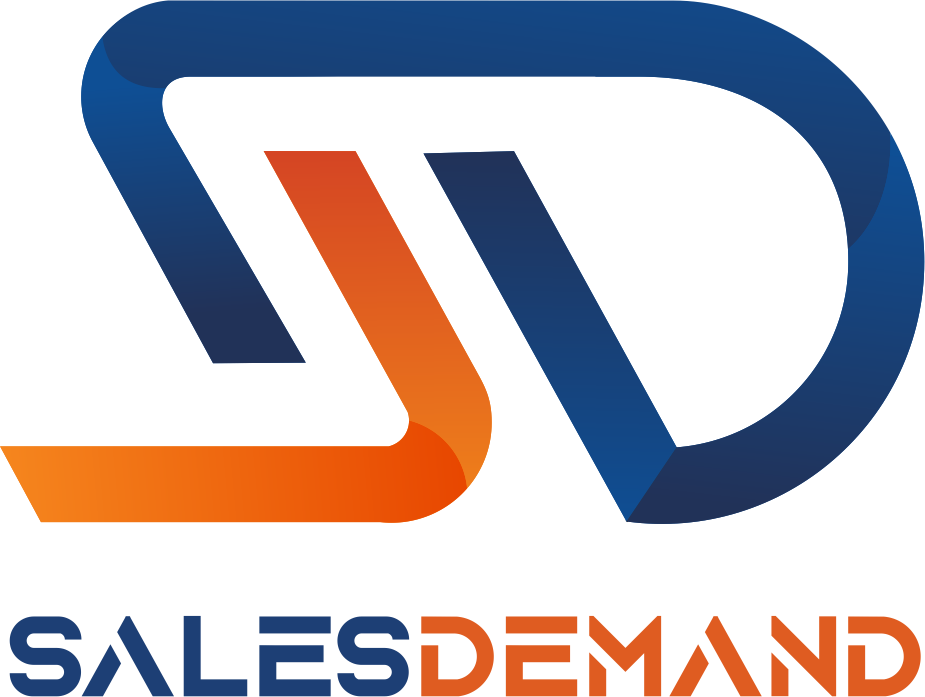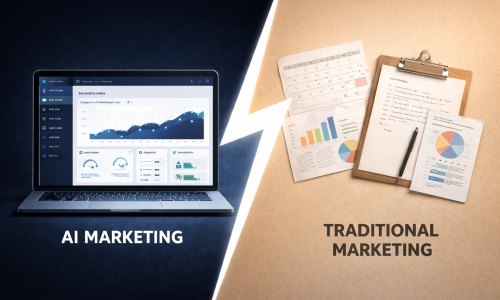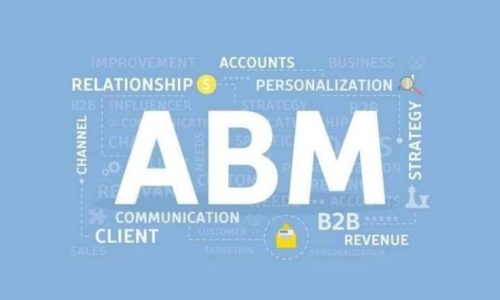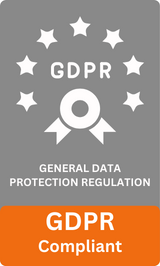
“AI is neither good nor evil. It’s a tool. It’s a technology for us to use.”
— Oren Etzioni
The global business landscape is undergoing a monumental shift. The AI Revolution is not just a buzzword anymore; it’s a seismic transformation that is fundamentally reshaping industries. From optimizing operations to revolutionizing customer experiences, artificial intelligence is enabling B2B businesses to evolve at an unprecedented pace.
In this comprehensive blog post, we explore how the AI Revolution is reshaping the B2B sector, how it empowers organizations to innovate, and why decision-makers must act now to harness its potential.
Table of Contents
ToggleWhat is the AI Revolution?
It refers to the widespread adoption and integration of artificial intelligence (AI) and machine learning (ML) technologies across industries. In the B2B context, AI is being employed to automate tasks, generate data-driven insights, enhance customer experiences, and unlock new growth opportunities.
With AI projected to contribute $15.7 trillion to the global economy by 2030 (PwC), ignoring its potential is no longer an option.
Key Drivers of the AI Revolution in B2B:
- Exponential growth in data volumes
- Advanced computing power and cloud infrastructure
- Open-source AI frameworks and tools
- Demand for hyper-personalization and efficiency
How AI is Transforming B2B Industries
1# AI-Powered Lead Generation
The traditional methods of cold calling and mass email campaigns are being replaced by AI-driven lead generation tools. These platforms analyze vast amounts of data to identify high-intent prospects, predict buying behavior, and tailor outreach strategies.
Benefits:
- Enhanced targeting accuracy
- Real-time lead scoring
- Reduced customer acquisition costs
- Increased conversion rates through hyper-personalized outreach
Example: Platforms like HubSpot and Drift use AI algorithms to suggest qualified leads based on website behavior, firmographics, and engagement history.
2# Marketing Automation at Scale
AI enables B2B marketers to personalize content, segment audiences, and automate email workflows with pinpoint precision. Predictive analytics also helps in forecasting campaign performance and ROI.
Key Capabilities:
- Smart email sequencing
- Content recommendation engines
- Dynamic ad personalization
- Sentiment analysis for message refinement
Real-world Impact: AI tools like Marketo and Adobe Sensei are helping companies deliver personalized content across channels, increasing campaign engagement by over 30%.
3# AI in Customer Support and Engagement
AI chatbots and virtual assistants are becoming essential tools for handling client inquiries, onboarding, and technical support.
Why it Matters:
- 24/7 customer service
- Faster response times
- Reduced workload on human agents
- Improved customer satisfaction and retention rates
Tools to Consider: Zendesk AI, Intercom, IBM Watson Assistant
4# Data-Driven Decision Making
One of the most profound impacts of the AI Revolution is its ability to transform raw data into actionable insights. AI-powered analytics platforms uncover hidden patterns and predict market trends.
Examples of Use Cases:
- Sales forecasting
- Inventory optimization
- Risk management
- Customer churn prediction
- Real-time KPI dashboards
5# Operational Efficiency and Automation
From procurement to supply chain management, AI tools are streamlining repetitive processes and reducing operational costs.
Key Tools:
- Robotic Process Automation (RPA)
- Intelligent Document Processing (IDP)
- AI-based demand forecasting
- Predictive supply chain analytics
Industry Use Case: Global manufacturers are saving millions annually by integrating AI for predictive maintenance and smart logistics.
6# AI in B2B Product Development
AI is helping B2B companies develop smarter products by analyzing user feedback, performance metrics, and market demands in real-time.
Use Cases:
- IoT data integration
- Predictive maintenance
- Smart manufacturing
- Agile product lifecycle management
Outcome: Companies that use AI in product design report up to 40% faster time-to-market.
7# AI for Sales Enablement
AI empowers sales teams with deep insights into customer behavior, intent signals, and engagement data.
Benefits:
- Better opportunity scoring
- Adaptive sales strategies
- Enhanced CRM accuracy
Sales Tools: Salesforce Einstein, Gong.io, Clari
How the AI Revolution is Shaping B2B Marketing
1# Hyper-Personalization
Today’s buyers expect personalized experiences. AI analyzes behavior, preferences, and buying history to craft targeted messages.
Results:
- Higher engagement rates
- Personalized landing pages and CTAs
- AI-powered content curation
2# Predictive Marketing Analytics
AI can forecast which marketing channels or campaigns will perform best based on historical and real-time data.
Key Tools:
- Google Cloud AI
- Tableau AI
- Adobe Analytics
3# Chatbots and Conversational Marketing
Chatbots powered by NLP (Natural Language Processing) are guiding users through the sales funnel in real-time.
Examples: Drift, Intercom
4# Social Media Listening
AI tools like Sprinklr and Brandwatch track user sentiment, monitor brand mentions, and provide feedback that can shape campaign strategies.
AI and Content Creation in B2B
1# Generative AI
AI content generation tools such as ChatGPT, Jasper, and Copy.ai are being used to create:
- Blogs
- Email campaigns
- Product descriptions
Benefits:
- Saves time
- Maintains brand consistency
- Enables scalability
2# Content Optimization
Tools like Clearscope and MarketMuse analyze top-performing content to suggest keyword usage, readability improvements, and semantic relevance.
Industry-Specific Impact of the AI Revolution
1# Manufacturing:
- Predictive quality assurance
- Real-time monitoring of machinery
- Optimization of production schedules
2# Healthcare:
- Enhanced diagnostics
- Streamlined B2B medical supply chains
- AI-driven drug discovery and R&D
3# Finance:
- Fraud detection systems
- Risk assessment automation
- Robo-advisors and smart contracts
4# Retail & E-commerce:
- AI-powered product recommendations
- Customer journey mapping
- Supply chain optimization
Challenges in Adopting AI in B2B
Despite the obvious benefits, several challenges hinder the full-scale adoption of AI in B2B companies:
- Data Silos: Inconsistent data storage can hinder AI algorithms.
- Lack of Skilled Workforce: There is a shortage of AI talent in the B2B sector.
- High Implementation Costs: Initial investment in AI infrastructure can be steep.
- Ethical Concerns: Data privacy and algorithmic bias remain major issues.
- Change Management: Resistance to new technologies slows down adoption.
Overcoming These Challenges:
- Invest in employee training and upskilling
- Partner with AI technology providers
- Begin with pilot projects and scale gradually
- Establish ethical AI guidelines
- Foster a culture of innovation and agility
Future Trends: What Lies Ahead
The AI Revolution is only getting started. Here are a few trends to watch:
- AI-as-a-Service (AIaaS): Easier access to AI tools via cloud providers.
- Explainable AI: Making AI decision-making more transparent.
- Edge AI: Real-time data processing at the source.
- AI for Cybersecurity: Predicting and preventing threats before they happen.
- Generative AI in B2B: AI-generated reports, proposals, and presentations
- Human-AI Collaboration: Enhancing human creativity and productivity
- Vertical AI Solutions: Sector-specific AI tools tailored for niche use cases
- AI Governance: Development of internal AI usage frameworks for security, ethics, and compliance
Conclusion
The AI Revolution is rewriting the rulebook for B2B industries. From sales and marketing to operations and R&D, AI is enabling companies to become faster, smarter, and more agile. But this transformation demands not only technological investment but also a cultural shift towards innovation and data-driven thinking.
B2B professionals must act decisively. The future belongs to those who not only understand the power of AI but are ready to wield it strategically. Start small, scale wisely, and embrace the change — because the AI Revolution is here, and it’s just getting started.
To stay competitive in today’s market, leaders must prioritize AI literacy across their organizations, invest in scalable AI platforms, and continuously evaluate new advancements to remain on the cutting edge. As the landscape evolves, those who champion AI transformation will set new benchmarks in efficiency, innovation, and growth.
I hope you find the above content helpful. For more such informative content, please visit SalesDemand.
FAQ’s
- Is AI accessible to small and medium-sized B2B enterprises, or just large corporations?
AI is increasingly accessible to SMEs through AI-as-a-Service (AIaaS) platforms, offering affordable, scalable tools without the need for in-house expertise. - Can AI help B2B businesses with sustainability and ESG goals?
Yes. AI can optimize resource usage, track carbon footprints, and automate ESG reporting, helping companies align with sustainability regulations and stakeholder expectations. - What role does AI play in contract lifecycle management for B2B firms?
AI streamlines contract creation, tracks compliance, flags risky clauses, and uses NLP to extract key terms, cutting down review times by up to 80%. - How can AI enhance partner and vendor management in B2B ecosystems?
AI can assess vendor performance, predict supply chain risks, and recommend optimal procurement strategies based on real-time data. - What are some overlooked risks of AI adoption in B2B settings?
Beyond data bias and privacy, risks include overdependence on algorithms, lack of human oversight in decision-making, and vendor lock-in with proprietary AI solutions.










